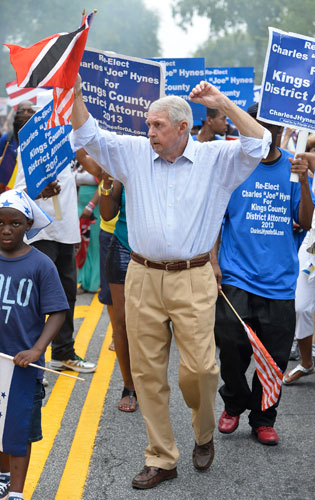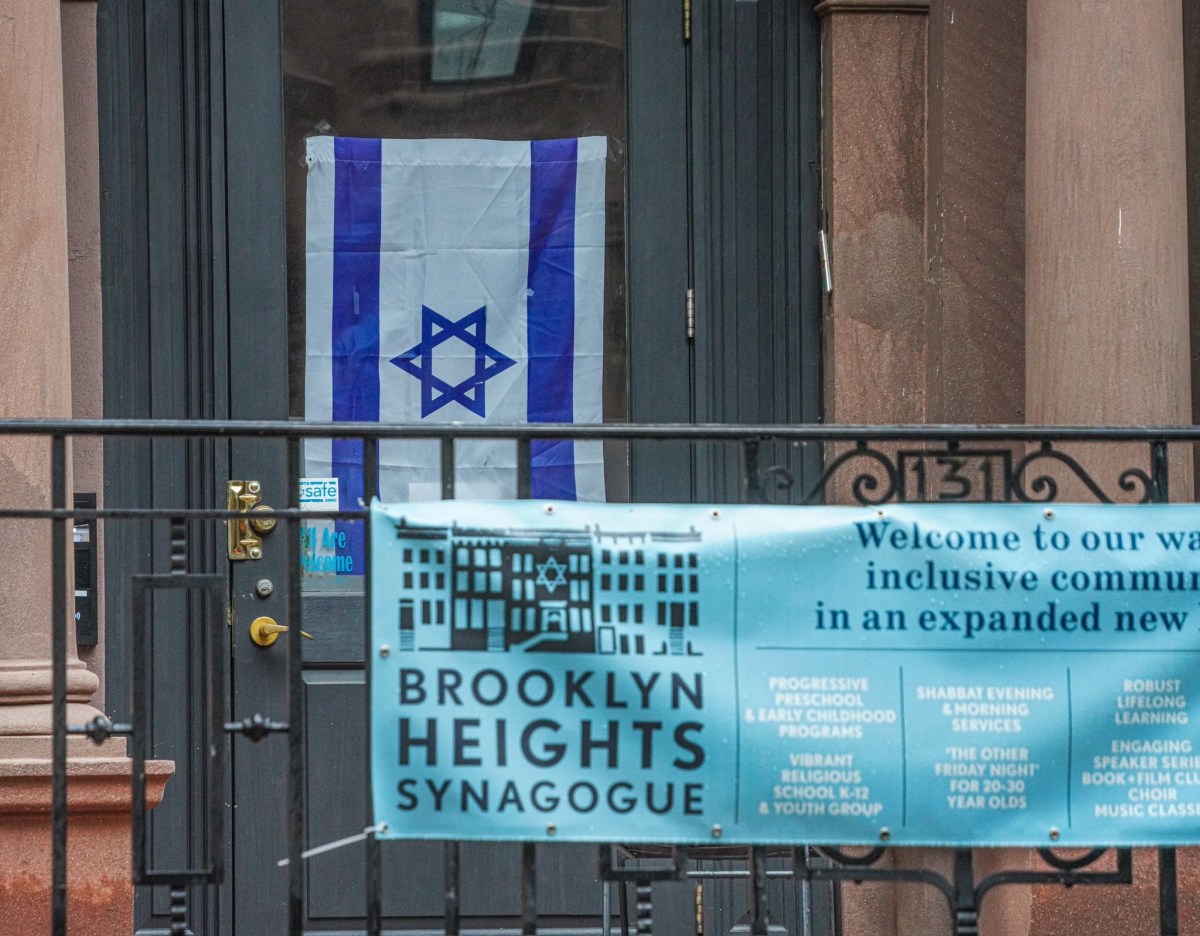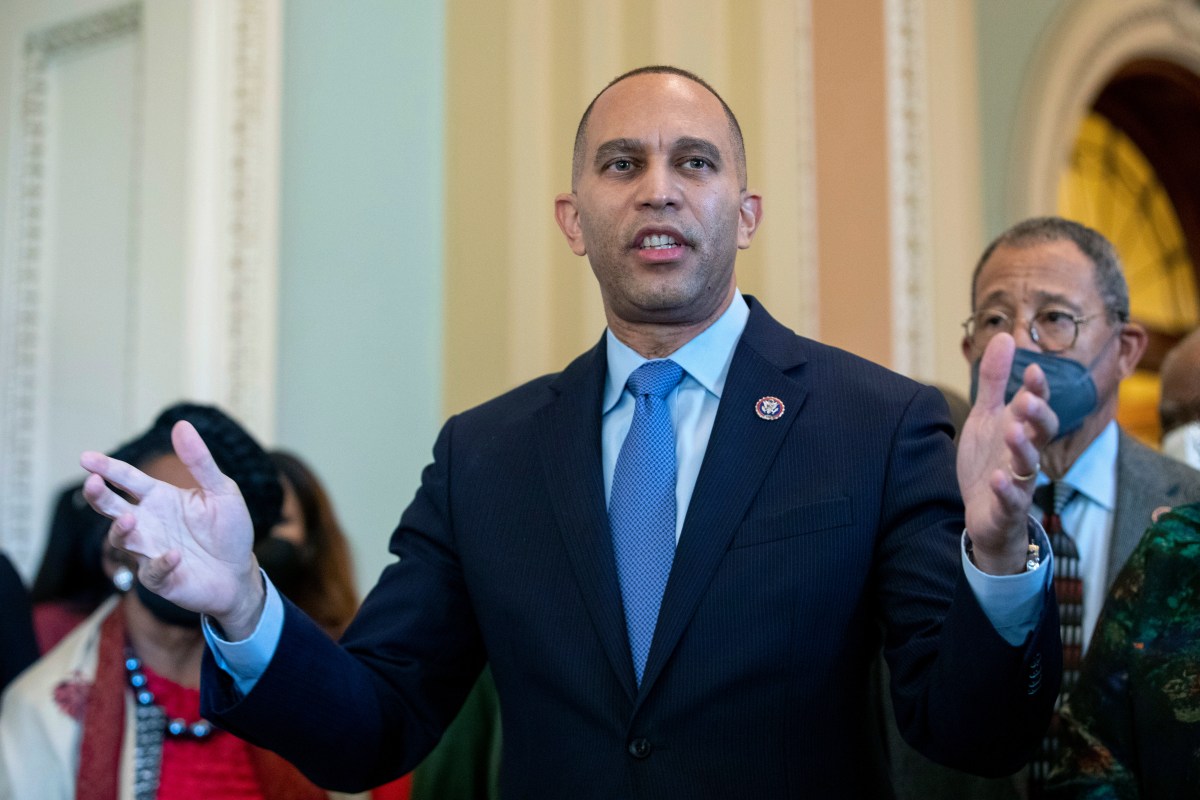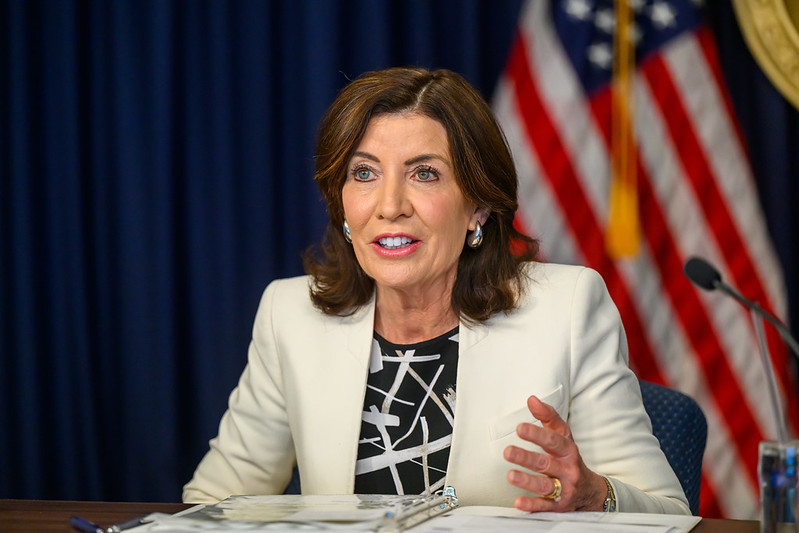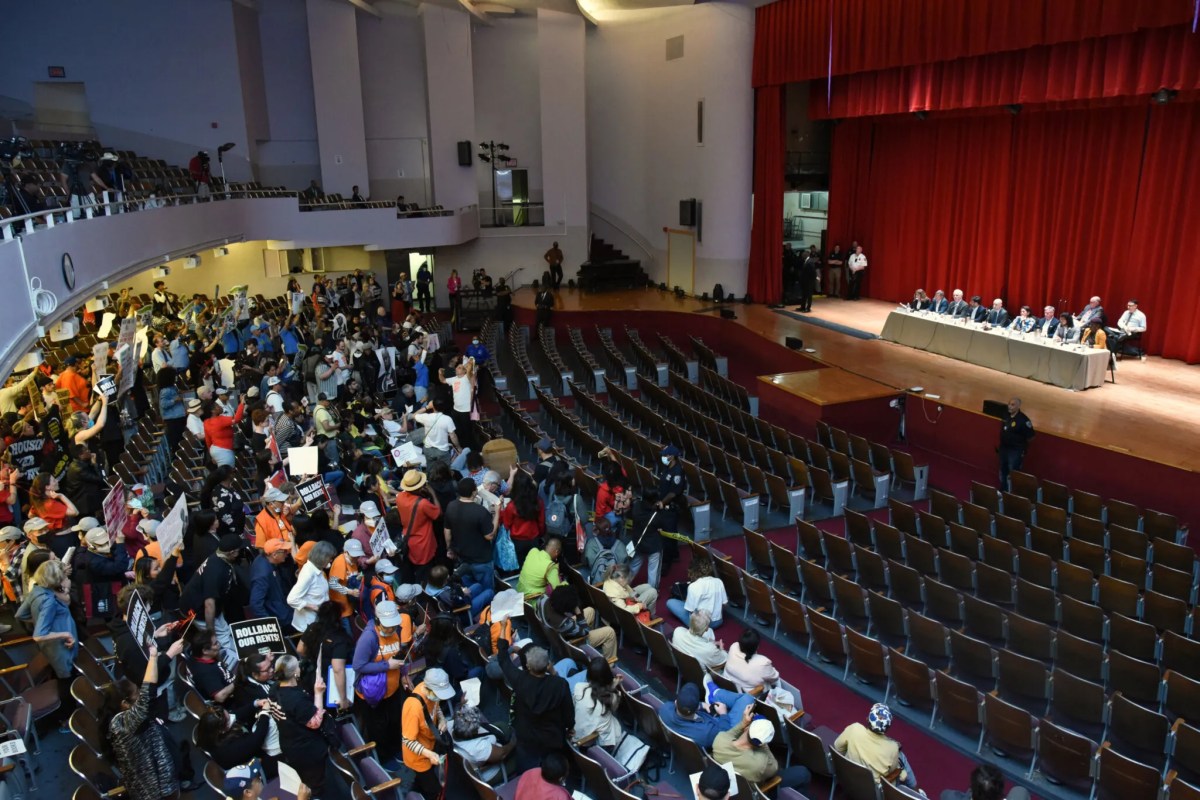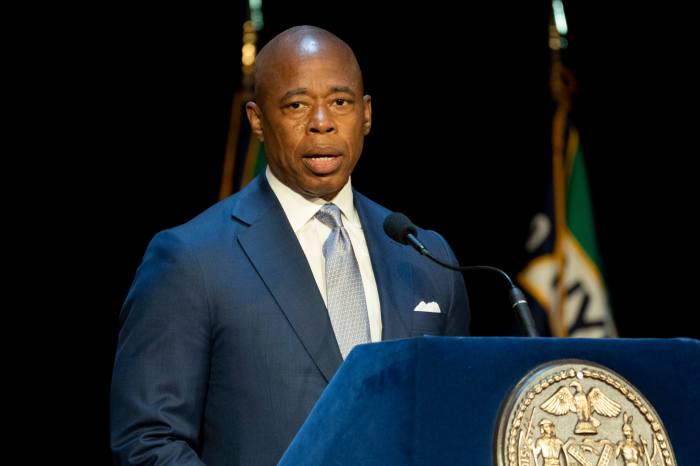The Sept. 10 Democratic primary delivered a reality check for Brooklyn district attorney — and newly minted reality TV star — Charles Hynes, 78, whose 24-year run as a Machiavellian crime-slashing prosecutor came to a screeching halt on Tuesday, when a relatively unknown legal eagle knocked him out.
Kenneth Thompson, who secured more than 55 percent of the votes, became the first contender to depose an incumbent district attorney in more than 100 years, and the first African-American to win the office.
Yet Hynes’s rise as Brooklyn’s top litigant, once prosecuting upwards of 100,000 cases a year, was as remarkable as his downfall.
The former Legal Aid lawyer from Flatbush joined the Kings County District Attorney’s Office in 1969, and within four years, he was appointed to head the Rackets Bureau, and named one of the DA’s top deputies. In 1980, Hynes switched careers to serve briefly as fire commissioner under Mayor Ed Koch, before departing for private practice. He returned to public service in 1985, when Gov. Mario Cuomo appointed him as a special state prosecutor for the city.
Hynes shot to national stardom at the height of the city’s racial tensions in 1987, after he investigated and prosecuted the infamous fatal beating of Michael Griffith in Howard Beach, Queens. His sleuthing garnered three murder convictions against the men who chased and killed the African-American, whose death was among a string of racially motivated murders of blacks by white mobs.
Hynes, by then a media darling who later wrote a book about the case, jockeyed his court-room triumphs into a successful bid for district attorney, winning the first of his six terms in 1989.

The father of five and grandfather of 16, who grew up in a troubled home and vacationed in Breezy Point, instituted drug treatment programs for felons, anti-truancy programs for wayward teens, and an assimilation initiative for parolees to ease back into society.
Hynes also criminalized domestic abuse, and created the state’s first family justice center, among introducing other programs that were credited with reducing serious crime in the borough by 80 percent since 1990.
But he wasn’t above exacting vengeance on his political adversaries.
Attorney John O’Hara had been a thorn in the side of Hynes for years in the 1990s, backing candidates against the DA and campaigning against the Democratic Party’s chosen few. So, when he voted in a neighboring election district, Hynes prosecuted him — and won the first case of voter fraud in New York City since Susan B. Anthony in 1873.
When civil rights attorney Sandra Roper ran against him in 2001, Hynes handed out 172 subpoenas and dispatched investigators to many of the more than 12,000 people who signed the petition to get her on the ballot. He later had Roper indicted on felony charges, although she was never convicted. And when he was challenged by Judge John Phillips, owner of the Slave Theater and the Black Lady Theater in Bedford-Stuyvesant, that same year, Hynes had him declared mentally incompetent.
Yet peers picked Hynes’s legal brains for programs that gave delinquents a second chance.
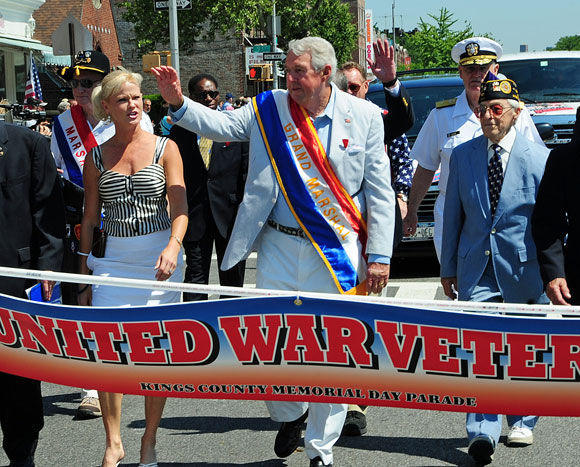
The district attorney of Franklin County, NY, implemented an alternative sentencing initiative modeled after Hynes’s nationally acclaimed Drug Treatment Alternative to Prison Program, the first such prosecution-run program in the nation.
A reformed vandal from East New York received a new lease on life after his eye-popping murals were exhibited in the same courthouse where he was tried, and later became a mentor to youth offenders — another Hynes initiative.
Controversies in recent years and claims of reputed official misconduct, however, began to eclipse the prosecutor’s earlier successes.
In 2009, CBS attacked his hotline for Orthodox Jewish abuse cases, claiming that out of a total of 25 calls made over several days, only two were answered. Ironically, CBS also debuted Hynes’ short-lived reality show, “Brooklyn DA” this summer, a move some critics thought was a ploy to divert attention from the churning rumor-mill.
Hynes campaign trail last year was waylaid by accusations that he glossed over sex predators in ultra-Orthodox Jewish communities to pander for votes — a rumpus topped by a Village Voice headline in January that screamed, “Brooklyn deserves a new DA .”
Then Jabbar Collins sprung from prison in 2010 after serving 15 years for a murder he didn’t commit, sued Hynes for $150 million for allegedly manipulating evidence and witnesses.

And David Ranta was released in March, after spending 23 years behind bars on a wrongful murder conviction that was overturned when an eyewitness confessed that borough prosecutors forced him into fingering the suspect in a line up. In an twist, Hynes’ own integrity unit determined the Ranta case was bungled by its boss.


